Electricity: Understanding its Power and Principles
What is Electricity?
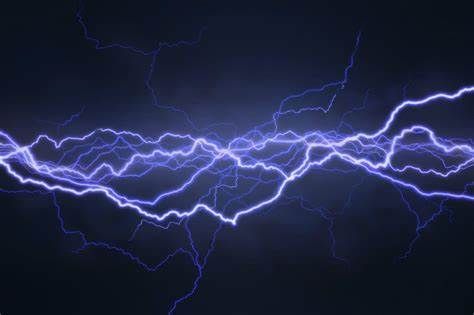
Electricity is a fundamental force of nature that powers our modern world in ways we often take for granted. From lighting up our homes to fueling our devices and driving industrial machinery, electricity plays a pivotal role in almost every aspect of our daily lives. But what exactly is electricity, and how does it work? Let's
delve into the fascinating world of electricity to uncover its mysteries and understand its fundamental principles.
At its core, electricity is the flow of electric charge. This flow occurs when electrons, the negatively charged particles that orbit the nucleus of atoms, move from one place to another. These electrons carry energy, which can be harnessed to perform work, such as generating light, heat, or motion.
How Does Electricity Work?
Electricity operates on the principles of electromagnetism, a fundamental force of nature that describes the interaction between electric currents and magnetic fields. Understanding electricity involves grasping several key concepts:
Atomic Structure: Atoms, the building blocks of matter, consist of a nucleus composed of protons and neutrons, surrounded by orbiting electrons. Some materials, known as conductors, have outer electrons that are loosely bound and can move freely, allowing electricity to flow through them. Others, called insulators, tightly hold onto their electrons and do not conduct electricity well.
Electric Charge: Electrons carry a negative electric charge, while protons have a positive charge. When an object has an equal number of protons and electrons, it is electrically neutral. However, if the balance is disrupted, the object becomes electrically charged. Like charges repel each other, while opposite charges attract.
Voltage, Current, and Resistance: Voltage (measured in volts) represents the potential energy difference between two points in an electrical circuit. Current (measured in amperes or amps) is the rate of flow of electric charge. Resistance (measured in ohms) is the opposition to the flow of current in a material. According to Ohm's law, voltage equals current multiplied by resistance (V = I * R).
Circuits: An electrical circuit is a closed loop through which electricity can flow. It typically consists of a power source (such as a battery or generator), conductive wires to carry the current, and various components (such as switches, resistors, and lightbulbs) that control or utilize the electricity.
Magnetic Fields: When an electric current flows through a conductor, it generates a magnetic field around the conductor. Conversely, a changing magnetic field can induce an electric current in a nearby conductor, a phenomenon known as electromagnetic induction. This principle forms the basis of electrical generators, motors, and transformers.
Applications of Electricity:
Electricity has countless applications across diverse fields, including:
Power Generation: Electricity is generated from various sources, including fossil fuels, nuclear energy, hydroelectric dams, wind turbines, and solar panels.
Transportation: Electric vehicles use electricity to power their motors, offering a cleaner and more sustainable alternative to traditional internal combustion engines.
Communication: Electricity enables the transmission of information through telecommunication networks, including telephones, the internet, and wireless technologies.
Medicine: Electricity is used in medical devices such as defibrillators, pacemakers, and electrocardiograms to diagnose and treat various health conditions.
Manufacturing: Electric motors power machinery in factories, facilitating the production of goods ranging from automobiles to consumer electronics.
Electricity is a remarkable force that has shaped the modern world and continues to drive innovation and progress. By understanding its principles and applications, we can better appreciate the profound impact that electricity has on our lives. From the flick of a light switch to the hum of a computer, electricity surrounds us, empowering us to achieve remarkable feats and illuminate the world around us
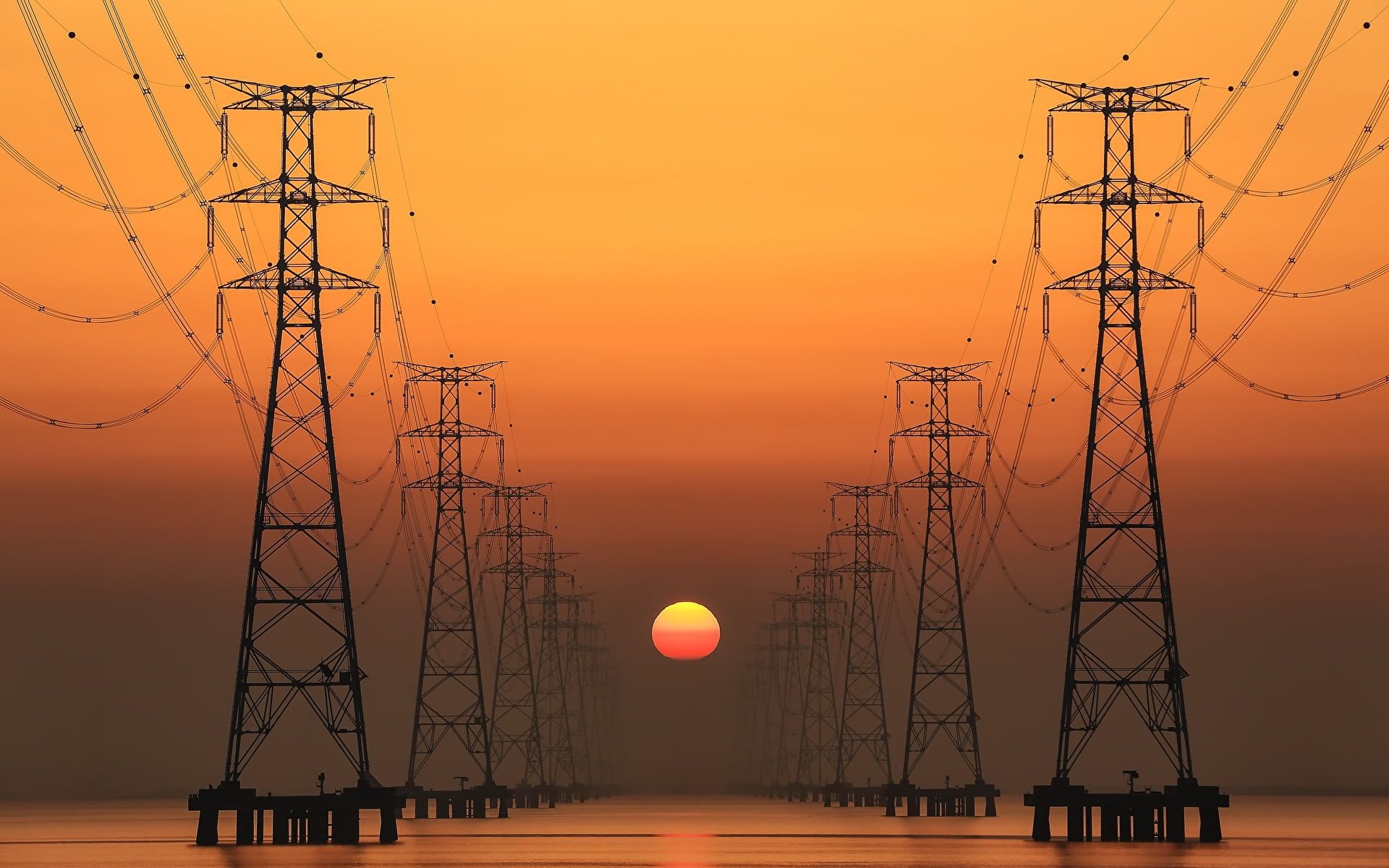
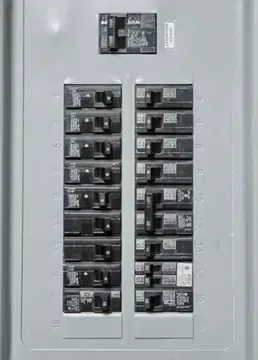
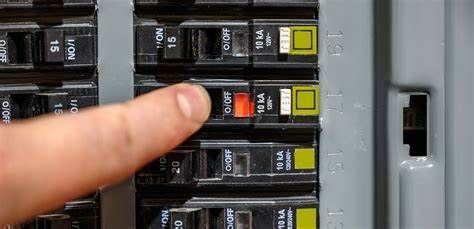
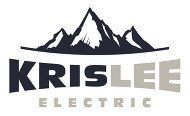


Share On: